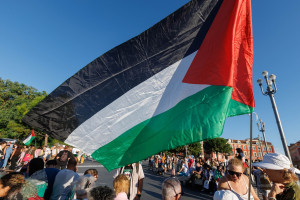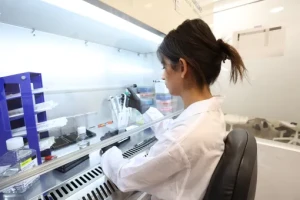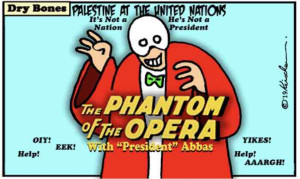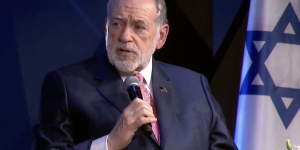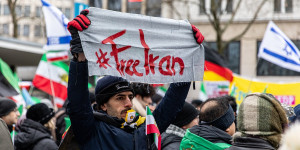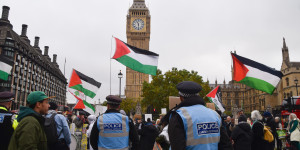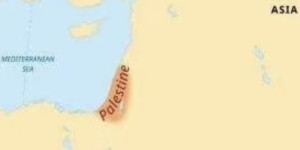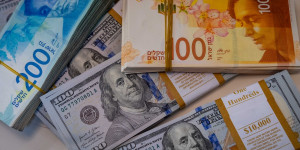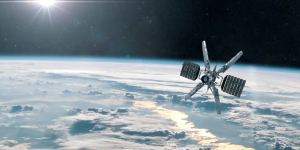France, Belgium, Luxembourg, Malta, San Marino & Andorra recognize ‘State of Palestine’ at UN assembly
Palestinian Authority President Abbas promises broad reforms, strengthening of democracy
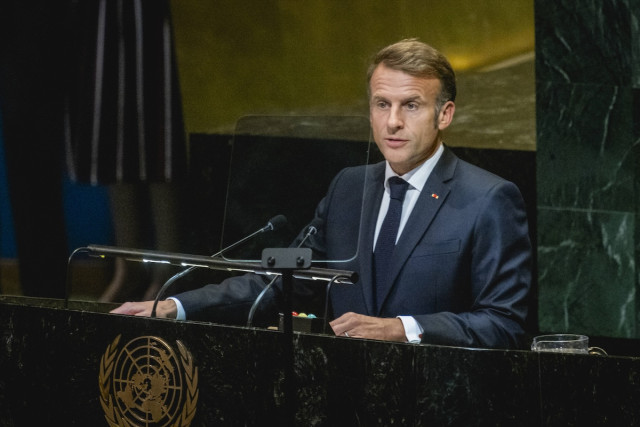
French President Emanuel Macron formally announced his country’s recognition of a “State of Palestine” during a UN conference that it co-hosted together with Saudi Arabia on Monday.
France was joined by similar announcements from European leaders of Belgium, Luxembourg, Malta, San Marino and Andorra. One day prior, the leaders of the United Kingdom, Australia, Canada and Portugal had issued their statements of recognition.
In his speech, Macron first called for the release of the Israeli hostages held by the Hamas terrorist organization in Gaza, and an immediate ceasefire, arguing that “breaking the cycle [of violence] lies in the recognition of the other.”
“Nothing justifies the ongoing war in Gaza. Nothing,” he emphasized. “On the contrary, everything compels us to end it immediately.”
Countering Israeli and U.S. objections to the move, the French president also emphasized that “recognition takes nothing away from the rights of Israel.” Instead, he argued, it marks the “defeat of Hamas” and those who harbor “anti-Zionist obsessions.”
Andorra and Belgium conditioned their recognition on the release of the hostages and the end of Hamas’ rule in Gaza.
“The effective conduct of diplomatic relations with the new state of Palestine, including the opening of Belgian embassy and the conclusion of international agreements, will be carried out once the objectives of the New York Declaration have been achieved,” said Belgian Prime Minister Bart De Wever.
The leaders of Luxembourg, Malta, and Monaco joined France in its unconditional recognition.
Luxembourg's Prime Minister Luc Frieden said that this “is the beginning of a renewed commitment to hope, a commitment to diplomacy, to dialogue, to coexistence, and a two-state solution. To the idea – fragile, but still possible – that peace can prevail.”
Maltese Prime Minister Robert Abela stated his belief that a two-state solution would be the “worst possible outcome” for Hamas: “If Palestinians can see a peaceful and realistic road to nationhood and self-determination, it fatally undermines the deciding cries of Hamas.”
In his speech, Macron also revealed the first details of a plan to create an International Stabilization Force (ISF) as a step toward handing governance of the Gaza Strip to the Palestinian Authority after fighting ends.
Macron stressed that France is prepared to contribute to the ISF, including by assisting in training Palestinian Authority (PA) security forces to maintain order in the enclave.
“It’ll be up to the State of Palestine to give hope to its people,” Macron said, recalling a letter Palestinian Authority (PA) President Mahmoud Abbas sent him, in which he committed to broad reforms, including a strengthening of democratic expression in the PA.
Abbas has prevented new PA elections for over a decade and is effectively ruling the Palestinian areas in Judea and Samaria (West Bank)as a strongman.
Macron vowed to pay close attention to the degree that the PA fulfills these promises, and said he wouldn’t open a French embassy until Hamas releases the hostages and a ceasefire in Gaza.
In a televised speech from Ramallah after the United States denied him a travel visa to attend the UN General Assembly (UNGA) in New York, Abbas vowed to advance good governance, transparency, the rule of law, along with reforms in the PA’s financial system and education systems.
He also vowed to hold new elections under international observation within a year of the Gaza War's end, after committing to new elections to be held by next June in the letter to Macron.
Jordanian King Abdullah II lauded the Western countries’ recognition of “Palestine” in his speech to the UNGA, calling it “an important step toward achieving a just and inclusive peace.”
“This global consensus on a two-state solution sends a message that the conflict must end and that the two-state solution is the only viable resolution,” Abdullah said.
Meanwhile, White House Press Secretary Karoline Leavitt reiterated the Trump administration’s opposition to unilaterally recognizing a Palestinian state.
“The president has been very clear. He disagrees with this decision. He spoke about that in the UK, standing right next to his friend, Prime Minister [Keir] Starmer,” Leavitt said during a press briefing in Washington.
She said that U.S President Donald Trump doesn't believe the move will do anything to release the hostages, “which is the primary goal right now in Gaza; it does nothing to end this war to a close.”
“Frankly, he believes it’s a reward to Hamas. He believes these decisions are just more talk and not enough action from some of our friends and allies.”

The All Israel News Staff is a team of journalists in Israel.
You might also like to read this:


